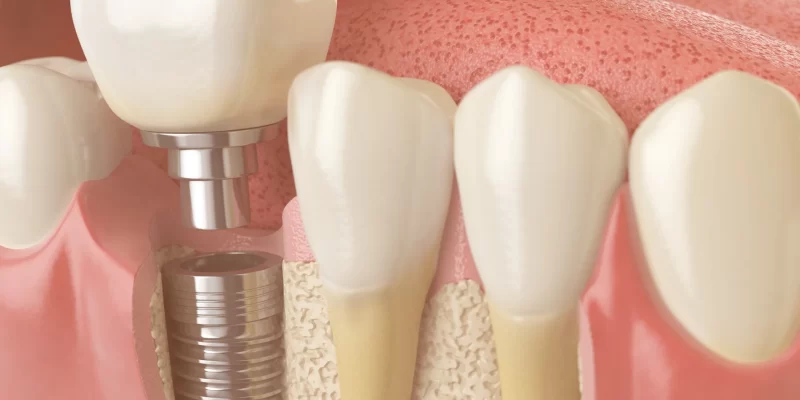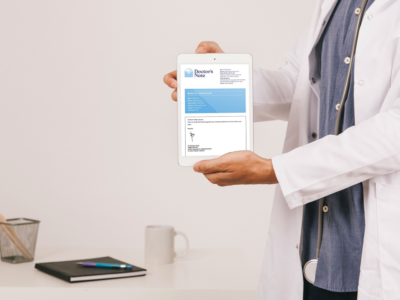A dental implant is commonly performed in dental practice in Hunt Valley, MD wherein artificial roots are surgically placed within your jawbone to replace the missing teeth. This enhances your appearance and restores your chewing ability. Although the success rate of the treatment is high; however, you may experience certain complications. This article highlights major side effects of the dental implant procedure. Here we go!
Side Effects Of Dental Implant Procedure
1. Pain and Discomfort
Dental implant is a complex process. Therefore, you may experience pain after the procedure. Generally, it takes four to six days for the pain to subside. Additionally, dentists recommend several medicines to relieve pain.
2. Swelling and Bruising
The swelling of your gums and surrounding tissues throughout the process is another serious side effect of dental implants. To lessen swelling, you can take steps like using ice packs or taking over-the-counter medications. Additionally, this will hasten the healing process.
3. Infection
Getting dental implants may result in infections. Ensure you follow a comprehensive dental routine to minimize the risk factors. Some common symptoms of infection include:
- Persistent pain
- Swelling
- Redness
- Fever
- Discharge from the surgical site
If you spot these symptoms, you must visit your dentist immediately.
4. Nerve Damage
In certain cases, dental implant procedures may result in damage to all surrounding nerves. This may result in tingling and numbness in your mouth and lips. Although this complication is uncommon, it is important to discuss all underlying concerns about nerve damage.
5. Implant Failure
If performed by experts, the dental implant procedure is always a success. However, there are certain risks that may lead to implant failure and complications. Major complications include:
- Implant loosening
- Fracture
- Peri-implantitis
Some major factors that result in implant failure are smoking, poor oral hygiene, and others. Ensure you go for regular checkups and maintenance to minimize risk factors.
6. Implant fracture
When an outside force is applied to an implant, it results in implant fracture. It will be necessary to create a new implant if your current one breaks. Therefore, refrain from chewing tough meals to avoid breaking implants. Don’t clench your teeth, either. Make an effort to loosen your jaw. Even night guards are available to stop tooth grinding, which can harm implants and natural teeth.
Wrapping Up
A dental implant is a commonly performed procedure with very little to no side effects. Post the treatment, make sure you follow a comprehensive dental routine to avoid risk factors. Additionally, visit your dentist regularly to maintain a healthy mouth.












Comments